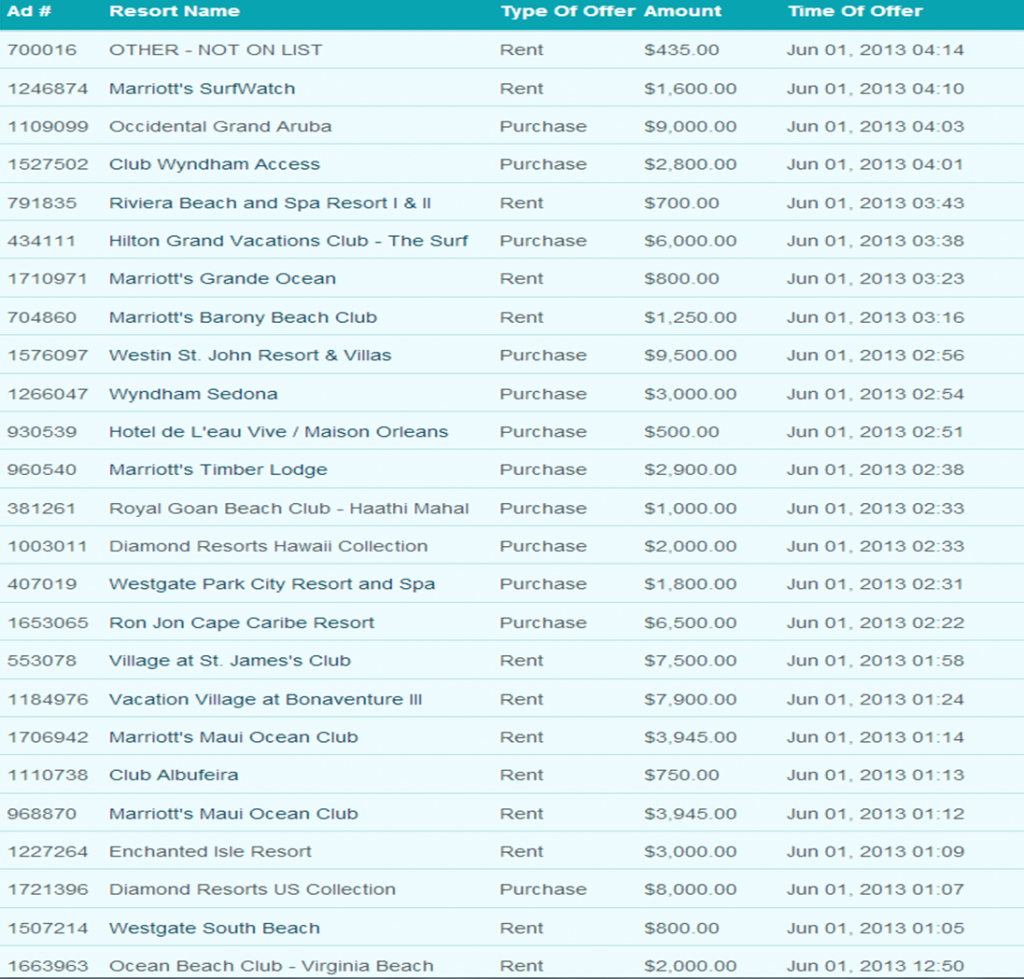The Staycation is Finally Dead
Sunday, September 8, 2013

Vacationing in your backyard is just not as much fun as many “experts” promised us it could be. When the economy tanked a few years back, American families found themselves eliminating non-essential expenditures in any way they could. Vacations were dismissed as luxury items that people either couldn’t fit in their budgets or were told they shouldn’t try to fit in the family budget during such uncertain economic times. Well-meaning life advisers attempted to sell weary consumers on the idea that a staycation was actually a viable alternative to taking a real holiday.
But as The Priceline Group announced in a press release last month, it’s now time to say, “R.I.P. staycation.” Whether the US economy is actually any better or not doesn’t matter. Hard working American families are tired of pretending that the inflatable pool in the back yard is a real vacation fun.
According to Priceline, 83 percent of Americans plan to take a real vacation this year. This is no less than double what the number has been in recent years. Says Brian Ek, of Priceline, “Staycations were popular between 2007 and 2010, when economic uncertainty had many Americans concerned about their finances and their jobs. But anyone who’s tried a staycation finds out very quickly that it’s not very relaxing. There isn’t that clean break with everyday responsibilities and activities, like checking in at the office and doing household chores. A vacation away from home lets people truly disconnect from the daily grind and recharge.”
Timeshare Resale Vacations Help Pull the Plug on the Staycation Concept
Family vacations don’t have to implode the family budget. Timeshare resales have always been an option. And the truth is, as the economy has struggled, the number of resales available at deeply discounted prices has increased.
This doesn’t mean that every owner selling a timeshare is giving it away, but it does mean that for some properties and some seasons, families who want to buy a timeshare have many properties from which to choose, all at competitive prices.
Vacationing is one of part of life that should never be on the “expendable” list. Taking a vacation is too important to our health and well-being, and adds too much to our productivity and clarity of decision-making, to dismiss its value in our lives.





